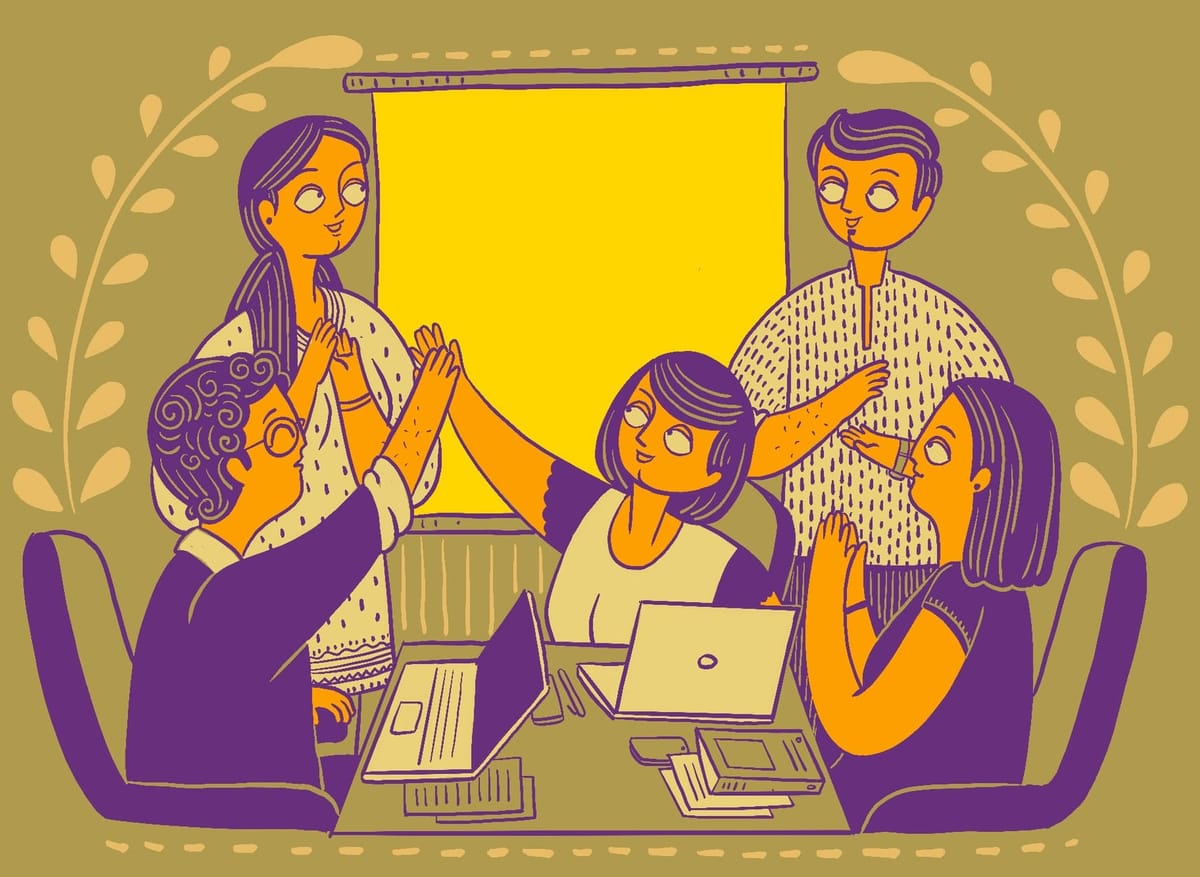Implementing mental health first aid in the workplace: Equipping employees with skills to support colleagues

What is mental health first aid?
Mental Health First Aid International defines Mental Health First Aid (MHFA) as a training program designed to “empower and equip individuals with the knowledge, skills and confidence needed to support a friend, family member or co-worker experiencing a mental health problem.” The concept was first formed in Australia in 1997 and the program was founded in 2000. Thereafter, it spread to various countries. Recently, MHFA has become essential in the workplace. In the context of the workplace, MHFA can be defined as a training program designed to equip employees with the skills to recognize and respond to mental health crises amongst colleagues, until the crisis is either resolved or appropriate professional help is received.
What is the significance of MHFA in the workplace?
Mental health problems among workforces throughout the globe have been on the rise. Amongst other measures, such as ensuring a stress-free workplace environment, organisations must go a step ahead to design and implement their own MHFA programs to train their employees to provide mental health first aid to colleagues, even if the issue is not directly related to the workplace.
Action plan - The key components
An organisation must design and develop its own MHFA action plan for their employees in consultation with mental health experts and professionals. It is vital that MHFA is designed and implemented in collaboration with the employees therefore customised to include specific mental health needs of its employees. The organisation must take a top-down approach while designing an action plan to ensure mental health is a priority at all levels of the workplace. Finally, it must provide extensive training about the same to its workforce, and regularly review its program.
For starters, here is a basic action plan of MHFA in the workplace and what you as a co-worker can do to help:
- Recognize
It is essential to successfully recognize and make an intervention to the mental health crises of a co-worker at the correct time. Your organisation must train you to do the same, but here are some common signs that should put you on alert as soon as you notice them in a co-worker:
Your co-worker is
- Isolating or withdrawing
- Acting in a manner unusual to them
- Suddenly performing poorly on the job
- Showing up for work late or unkempt
- Speaking and eating less
- Trembling, fidgeting excessively and speaking incoherently
- Crying spells or panic attacks
- Complaining about sleeplessness, burnout, fatigue
- Tells you directly something is wrong
- Respond
If you notice any of the above signs in a colleague, the next step is to respond not react. Remember, a reaction signifies panic, while a response is a calm and collected way of addressing a problem to solve it.
If your co-worker has not directly told you, make first contact to find out more about what they’re going through. Sometimes, this might be easy, while at other times, you might need to check in with them over some time. Here are some ways you can get the conversation started:
- “I noticed you seemed zoned out during the meeting. Is everything okay?”
- “Hi, we haven’t got the chance to speak in a while. I just wanted to check-in and find out how you’re doing.”
- “You seem a bit worried. Is there anything I can do to help?”
- Provide initial support
If your colleague opens up to you about their mental health crisis, you must provide some initial support. There are many ways to do this. You could ask them what you can do to help and act accordingly, bake them a home-cooked meal or simply provide an empathetic listening ear and check-in with them regularly.
- Determine the degree of intervention required
Typically MHFA has a wide spectrum of interventions: prevention, early intervention, treatment/appropriate guidance. Your organisation must cover all the spectrums during training. For those who experience mild symptoms that may suggest an impending mental health crisis, prevention and self-help strategies must be suggested during intervention, whereas, for those moving from a mild to a serious crisis, early intervention is necessary. At this level, meaningful conversations may help.
- Appropriate guidance
While as a layman, you cannot provide the third level of intervention: treatment, it is necessary to guide the co-worker experiencing a mental health crisis, towards professional help as soon as possible to stop it in its tracks. We at Manah Wellness are a team of experts and professionals specialising in resolving mental health crises at various levels through our cutting-edge digital tools, and online and in-person counselling services. We also work closely with workplaces and provide customised care and support.
It is important to note that the above information is not necessarily a step-by-step guide, and intervention strategies discussed above may or may not prove useful during various stages of the crisis, depending upon the situation.
Benefits
MHFA at the workplace must be integrated with other employee support initiatives and workplace training. Benefits include reduced stigma, a safe and supportive environment, increased mental health awareness, timely intervention during crisis, possible prevention of the crisis, ultimately leading to better productivity, workplace loyalty, and lesser absenteeism.
